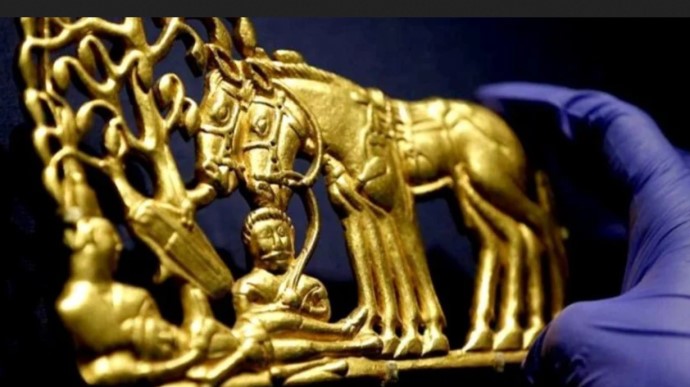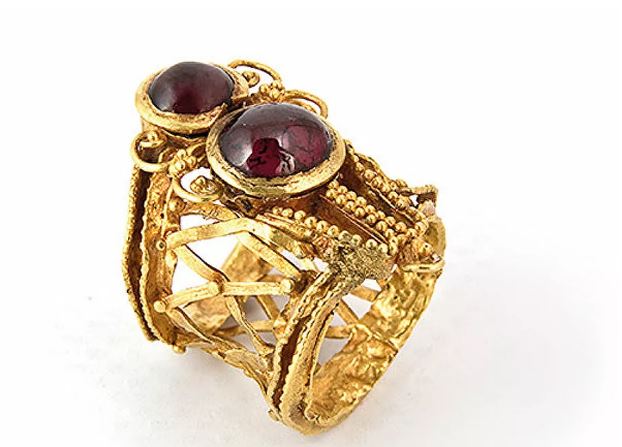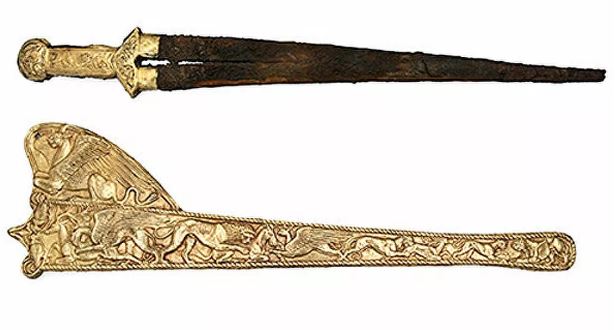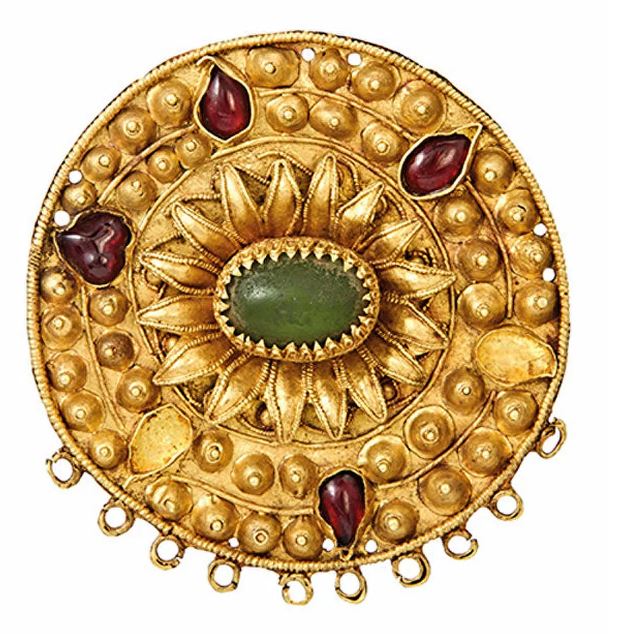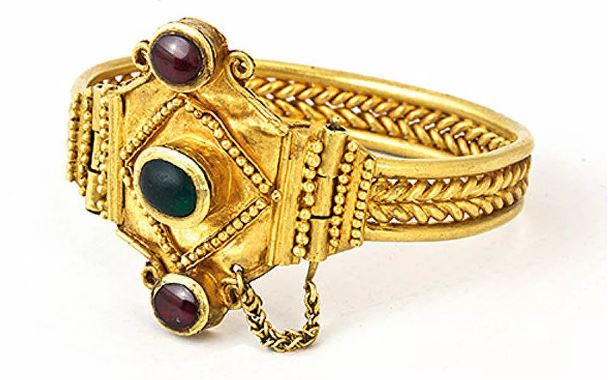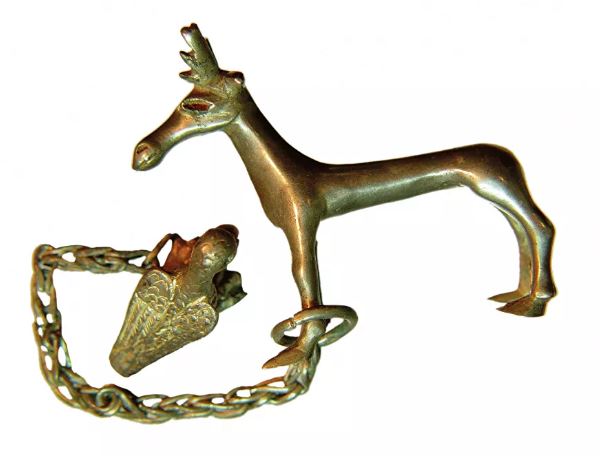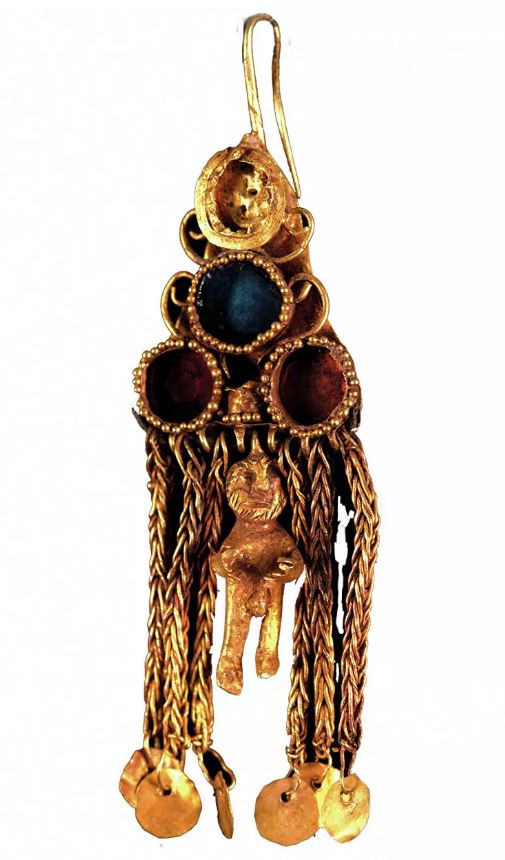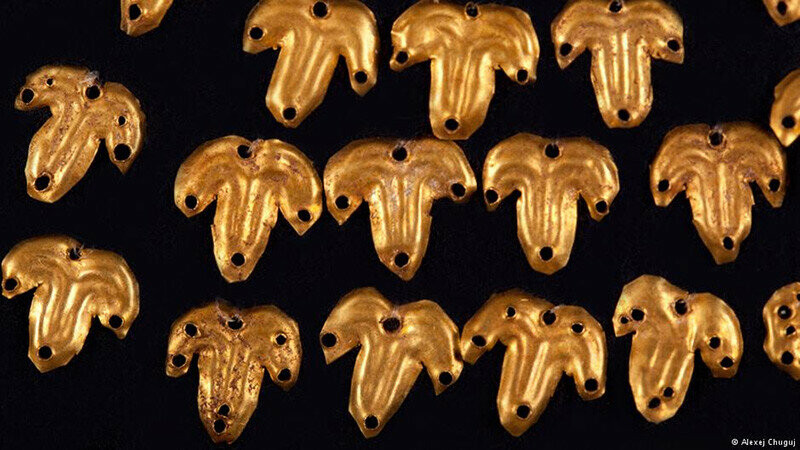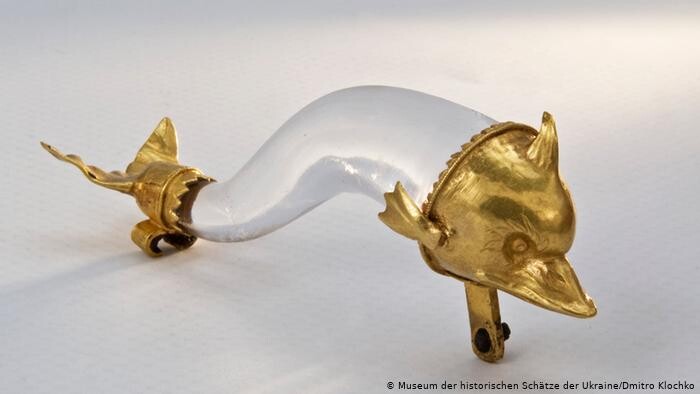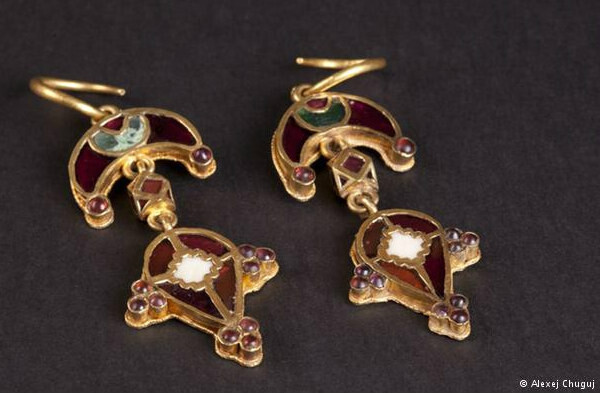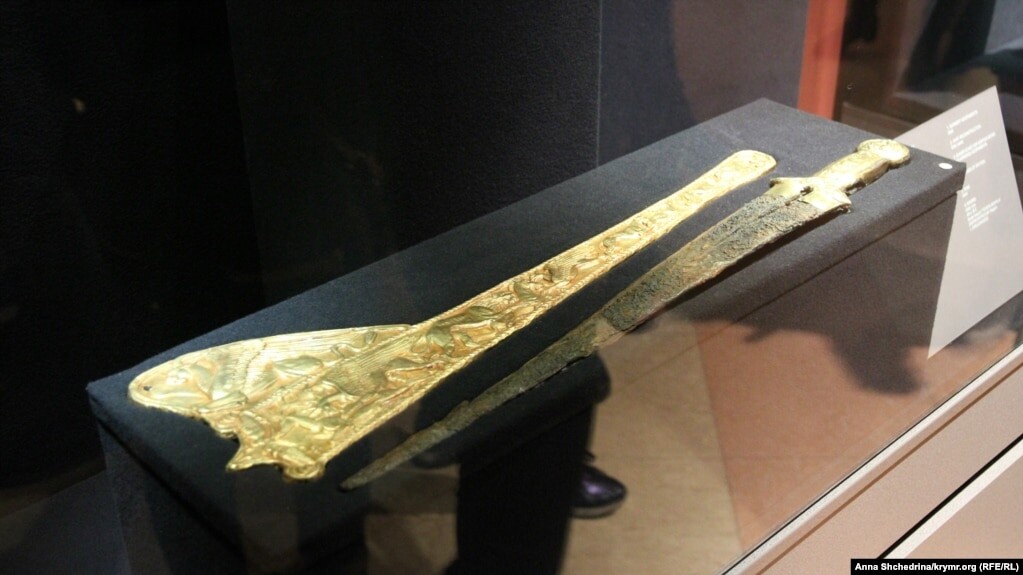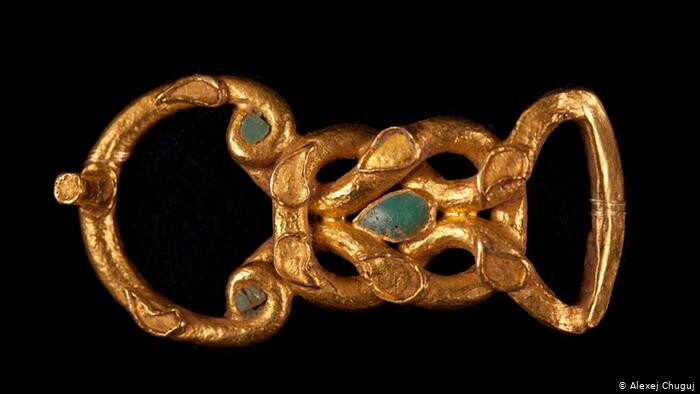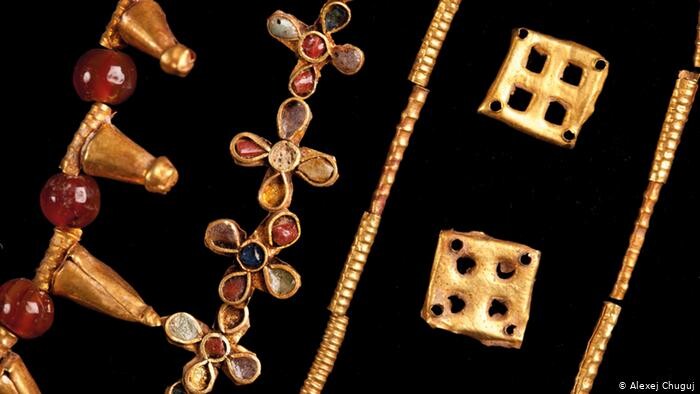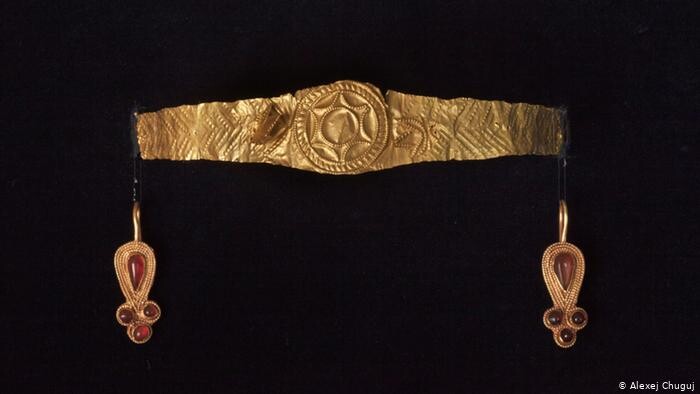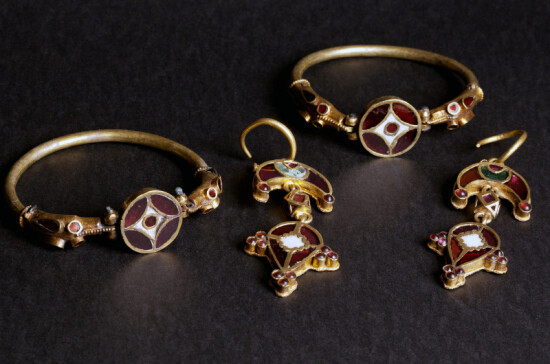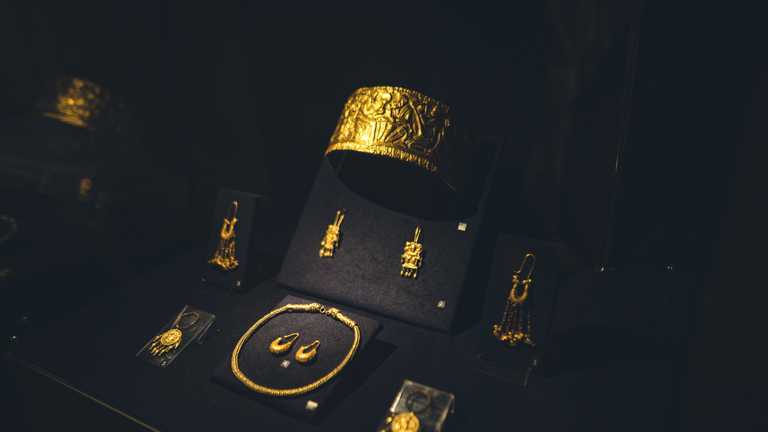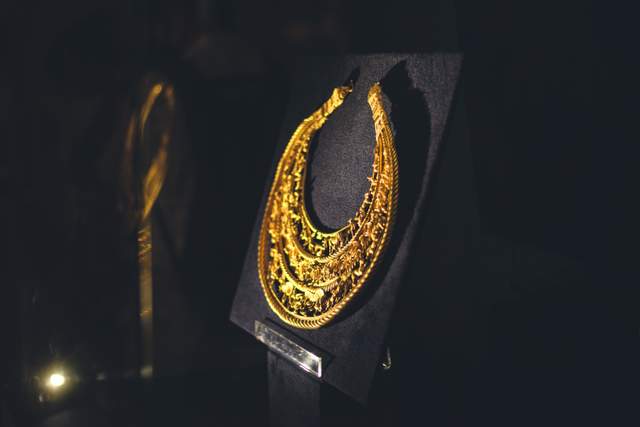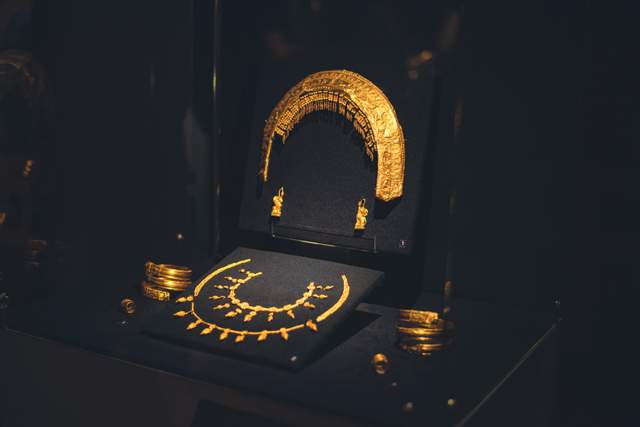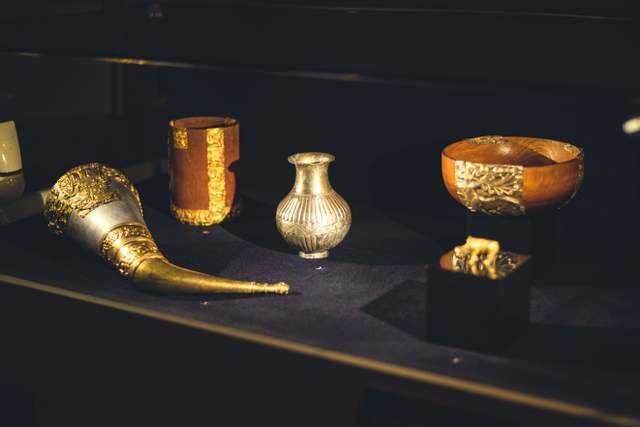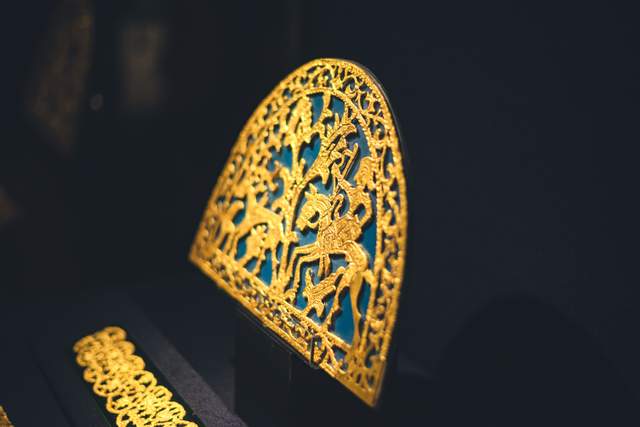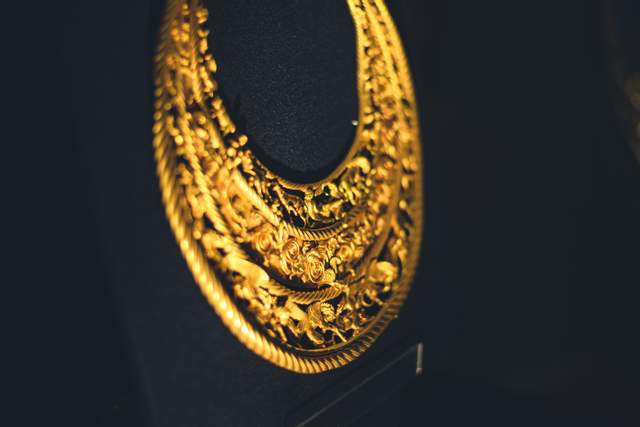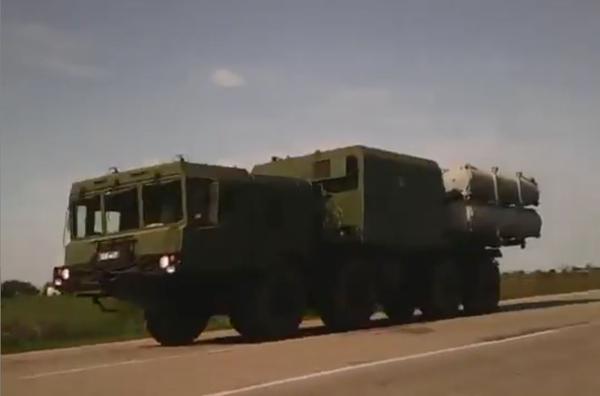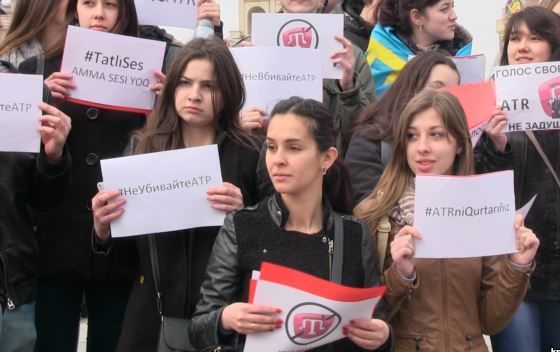Back on 14 December 2016, an Amsterdam court decided to return the “Scythian gold” to Ukraine, but in January 2017, Crimean museums started appealing the decision.
The proceedings were delayed and suspended pending the removal of the judge at the request of Ukraine. Finally, on October 28 last year, the Amsterdam Court of Appeal granted Ukraine’s request.
President Volodymyr Zelenskyy welcomed the court’s decision.
https://twitter.com/ZelenskyyUa/status/1452937047996502022
Decision on Crimean gold may still be appealed
This decision may not be the last one in the “Scythian gold” story. Russia has a chance to appeal the decision in the Supreme Court of the Netherlands. Russian media have suggested that the trial in this court may delay the process for another two years.
However, as BBC writes, according to the norms of Dutch law, the court decision comes into force after the decision of the appellate court. Therefore, it is theoretically possible that the “Scythian gold” will leave Amsterdam in the coming months.
The story started in the summer of 2013 when a collection of 584 items was formed from the exhibits of Kyiv’s Museum of Historical Treasures and four other museums located in Crimea. Titled “Crimea: Gold and Mysteries of the Black Sea,” it later started to be called “Scythian Gold.”
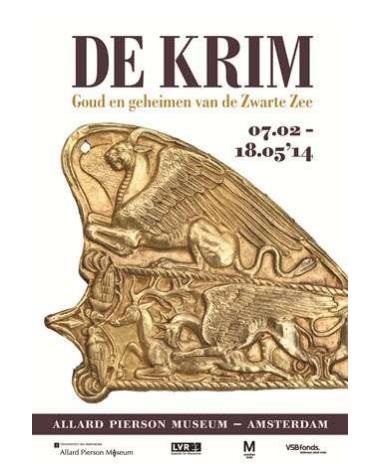
This is technically incorrect because not all the exhibits are related to the Scythians, a nomadic people living the steppes of Eurasia who dominated the northern shores of the Black Sea in the 7th-4th centuries B.C., interacting with Greek colonists settling on the shores of the Black Sea. Also, not all exhibits are made of gold, they include bronze, ceramic, and wooden items.
Among the artifacts is a golden neck ornament from the 2nd century A.D., weighing more than one kilogram. The exhibits have an estimated insurance value of around €1 mn.
Scythian treasures exhibited at the “Crimea: Gold and Secrets of the Black Sea” exhibition in The Netherlands. Photo: Allard Pierson Museum
Russia occupied the Ukrainian Peninsula seven years ago, one month after the Allard Pierson Museum had launched the “Crimea: Gold and secrets of the Black Sea” exhibition. This ignited a conflict over what side these treasures should belong to.
Ukrainian gold belongs to Ukraine under Ukrainian laws
The Ukrainian side stressed that, according to international conventions, archeological finds belong to the people of the country where they were found, that according to the Ukrainian legislature, all museum exhibits belong to the state, while museums are their temporary managers, and that the Ukrainian Ministry of Culture gave permits for the temporary exhibit of the artefacts abroad.
From their side, the Crimean museums stressed the established practice in the museum world, according to which the rights of specific museums are preferred. And the agreement on the organization of the exhibition in the Netherlands states that the exhibits must be returned to these museums. As well, they argued that the exhibits must belong on the peninsula — the territory where they were found.
Pending the resolution of the dispute, the pieces were stored in the Dutch capital.
During the exhibition of the Scythian treasures. Photo: 24tv.ua
Some golden artifacts were returned in 2014
In 2014, some items from the collection were already returned to Ukraine. These included the golden Scythian helm below from the 4th century B.C. The headpiece depicts battle scenes and the scalping of a slain warrior. This helmet was found in 1988 inside one of the burial mounds of Donetsk Oblast. The helmet was returned to Ukraine before the entire exhibition because they were stored not in Crimean museums but the museum of Historical Treasures in Kyiv.

Pavlo Klimkin, who served as Ukraine’s Foreign Minister in 2014-2019, celebrated the Dutch decision. In the past, he was one of the organizers of the exhibit of this collection in Bonn, where it was displayed prior to coming to Amsterdam:
“…the history of Crimea is not about Russia. It began before our era through the unique interaction of the Scythians and the Greeks. […] Today’s decision of the Court of Appeal in the Netherlands to return Scythian gold to Ukraine is not just about legal non-recognition of the occupation. As for this decision, as in the impartiality of the Dutch court, there is definitely no doubt. The court’s decision is a legal and political precedent that the civilized world never recognizes either the occupation or its consequences. After the liberation of Crimea, all the changes that Russia is trying to make on the occupied peninsula will be recognized as legally insignificant.”
Related:
- Ukraine asks the Netherlands to return museum exhibits
- Amsterdam museum delays return of Scythian treasure
- Dutch museum returns some items of Crimean Scythian Gold to Kyiv
- Crimea’s occupied cultural heritage
- Archaeologists discover Scythian treasure in Poltava Oblast
- Gilded Scythian sword found on Mount Mamai in Zaporizhzhia Oblast
- Sensational archaeological find uncovers “Ukrainian Stonehenge” in eastern Ukraine

